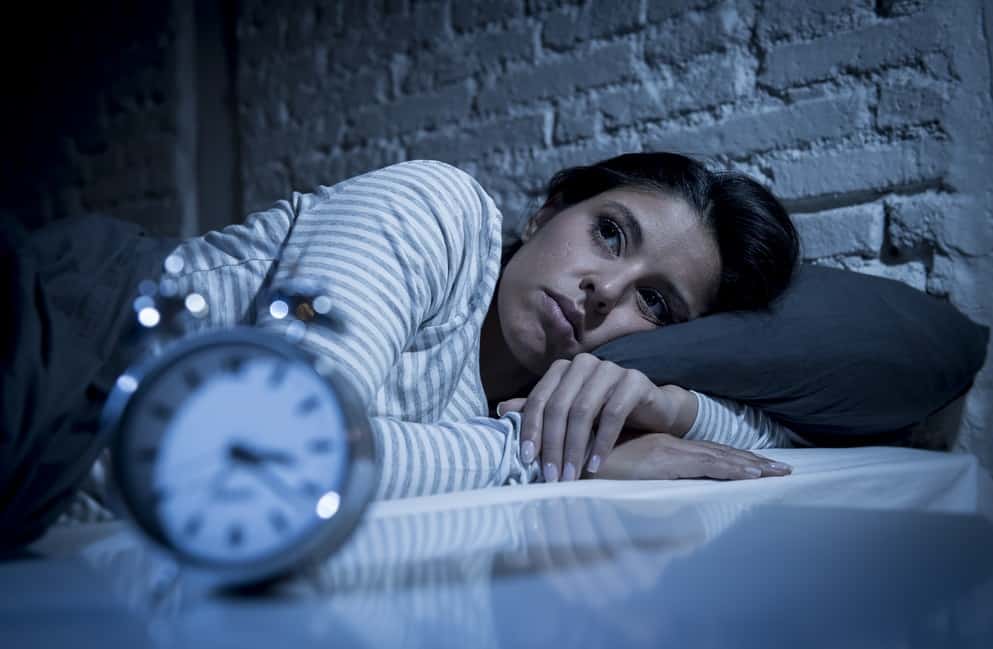Contents:
- Medical Video: Explaining Kidney Stones in Children (1 of 5)
- Does kidney failure affect the growth of children?
Medical Video: Explaining Kidney Stones in Children (1 of 5)
Kidney failure is not limited to one age group. A baby can be born with a kidney that does not work well and needs dialysis from the day of birth. Other children may experience kidney failure for some of their childhood. Just like adults who are emotional about what we are talking about, so do children.
When a child has kidney failure and receives dialysis or transplant treatment, it is easier to protect them too much.
We think our children have suffered so much that we feel understood, and want to make sure that nothing bad has happened to them.
However, in order to grow and mature, children need to feel enough freedom to try, explore and develop their abilities. If you are too protective, your child may hate you more than thank you. If your child wants to try an activity or sport that you are worried about, talk to your doctor before deciding. Maybe it turns out that with your child being able to participate, it can gain confidence and self-esteem in doing so. On the other hand, the doctor may say the activity is inappropriate. In this case, you will at least have a medical expert who supports you when you say no.
Does kidney failure affect the growth of children?
How your child's growth and development is affected by kidney failure depends on the age of the child when kidney failure occurs. In general, children with chronic kidney disease tend to be smaller in body than other children, and they may be longer to develop sexually. In addition, children who undergo dialysis tend to grow more slowly than kidney transplants. If kidney failure occurs in the teenage years, sexual development can slow down or even stop. For example, a teenage girl may not have a menstrual period. Delayed sexual development can be annoying or even sad for teenagers. He may feel different from friends and lose self-confidence and self-esteem.
If you are the parent of a child with kidney failure, try to be sensitive to issues involving sexuality, especially during the teenage years. Try not to protect your child from growing challenges and adventures. Teenagers need to be free to explore physical, emotional, and sexual problems, to grow into healthy adults.
Need to do dialysis can be very sad for teenagers with kidney failure. When their friends start making real plans for the future, they may feel like their future is over. They may also be afraid that if their friends find out about their condition, they will reject them and for teens, losing friends can seem worse than death.
It's important to help your teenager understand that kidney failure does not change their lives and does not mean that life is not worth living. By sticking to dialysis treatments, medications and diets prescribed for them, teenagers with kidney disease can and achieve the things they dream of.
They are able to finish school, study, and move forward to satisfying careers. Others marry and raise children, and most interestingly, are able to look after old friends and make new friends.
In addition to psychologists, children's dialysis programs have specialists who can help children or teens talk about their concerns, fears, and feelings. This specialist can also help to make your child talk to other teens who are undergoing the same type of dialysis. Teenagers can learn a lot about how to deal with their friends, and they will be helped by social contact.












